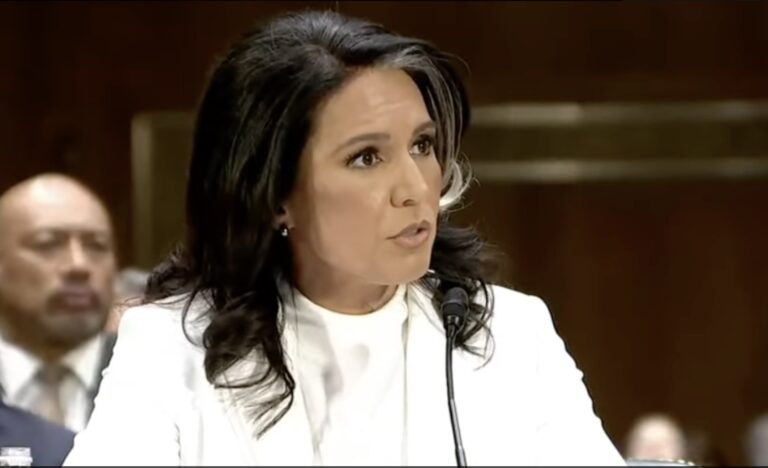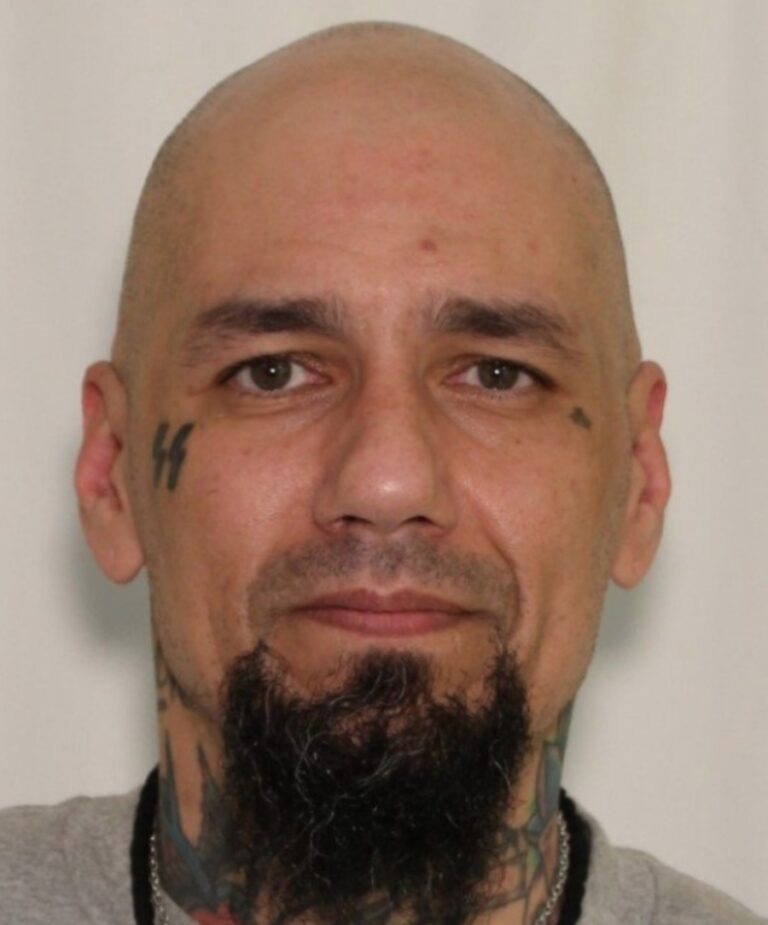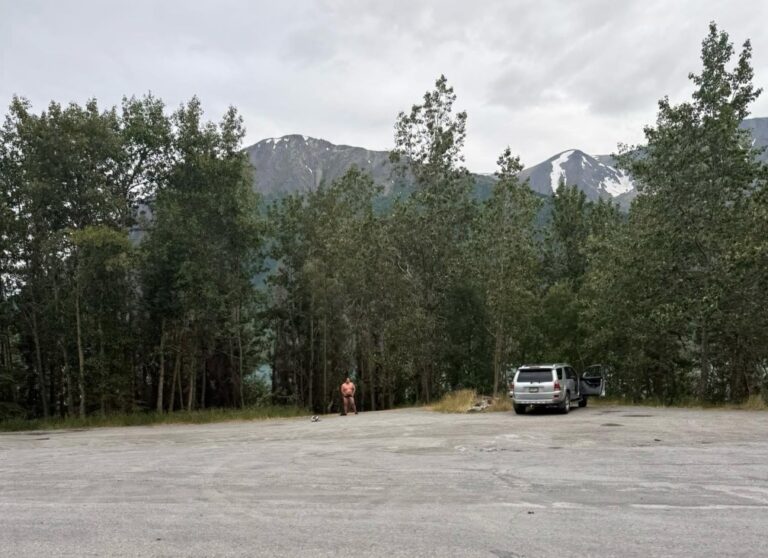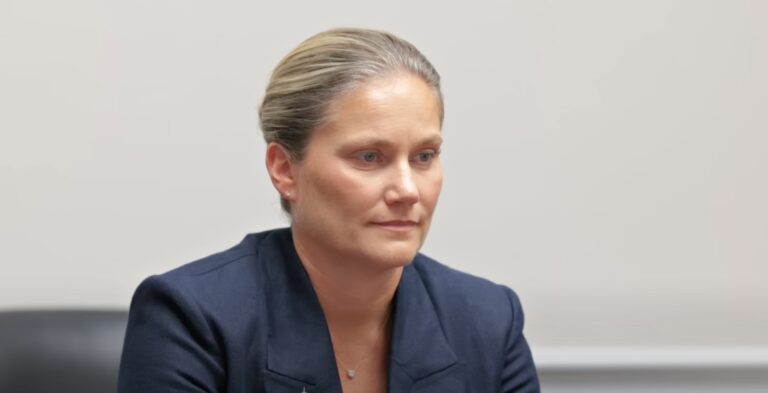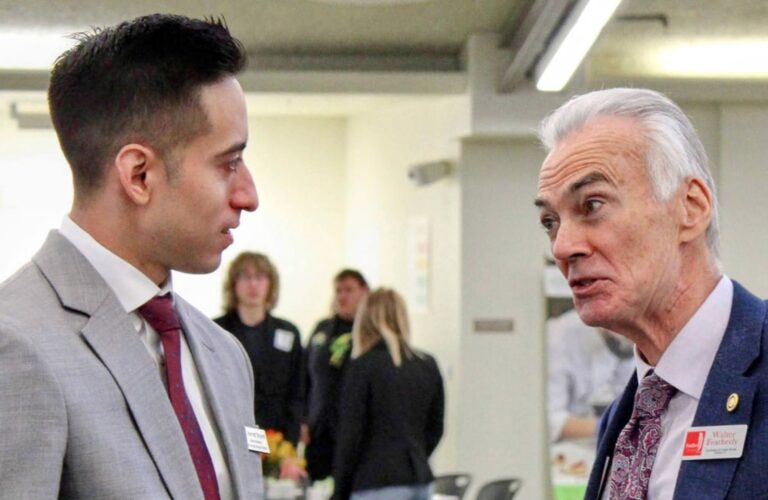By PAUL FUHS
I am seeing a barrage of ads on TV addressing our US Sen. Dan Sullivan over the issue of Medicaid. While Medicaid is an important issue, the ads are curious in their content and focus. Just a couple of weeks ago we saw similar ads aimed at Sen. Murkowski. Why the switch?
Are these ads really about Medicaid? Or are they just political ads since Sen. Sullivan will be running for reelection in 2026?
There are a couple of clues that can tell us. First, the claims made about the impact of the Big Beautiful Bill on Medicaid are patently false. They claim that one-third of Alaskans and 50% of our children will lose coverage.
Read the bill. All children under the age of 19 will continue to have coverage, as will pregnant women, families with children under the age of 13, and people with disabilities. That is almost everyone currently being covered.
As for the able-bodied people who will have to show they will work, the political opponents of Sen. Sullivan claim that “most people who are on Medicaid are already working.” Well, OK then, they won’t lose coverage either. Do Alaskans, who have a strong work ethic, really think it is unreasonable to require able bodied people to work for benefits? Everyone else does.
And thanks to the efforts of Senators Murkowski and Sullivan, there are other carve outs for rural areas and areas with high unemployment. For everywhere else, you see business after business posting to hire people for work. Ask any company, and they will tell you that is a very real economic issue.
There are already several groups who help people with Medicaid paperwork, and I am sure they will be very active in supporting eligible people to qualify for and keep their coverage.
The other clue for the meaning of these ads is to look up who is behind the ads: Majority Forward. Look them up at Influence Watch and you will see their report. It will give you some perspective. Turns out they are completely political, with no connection to health policy, and the darkest of the ‘dark money’ groups.
I am sure there will be other Alaskans who will run for election, and will provide an alternative to Sen. Sullivan, and that is welcome in our democracy. But hopefully they will not base their campaigns on the patently false claims about medicaid.
As I said, Medicaid is a legitimate issue, but what else is in the bill that caused our senators and congressman to vote for it?
On balance, this is the most important bill for the future of Alaska that we have seen in the past several decades. Alaska is a resource based economy, and the bill contains many important and enforceable requirements for leasing in NPRA, ANWR and Cook Inlet. It also contains conditions on lawsuits aimed at stopping development, timelines for completion of environmental impact statements, recision of the Roadless Rule in Southeast, loan guarantees for the Alaska gasline project, etc. And these are statutory provisions than can’t be overturned by executive order of a subsequent Presidential administration.
It also gives Alaska 70% of the revenues from oil and gas development on federal lands. We have all recently witnessed the difficult decisions our legislature has had to make due to lack of funding for basic services.
There are more Alaska specific benefits in this bill than for any other state, and I have to give credit to our Congressman Nick Begich for getting these included in the House version of the bill. An amazing feat for a freshman representative.
When combined with President Trump’s executive order on Alaska resource development, and the recent Supreme Court cases of Chevron and the 7 Counties Infrastructure Coalition, we are now positioned for a very strong improvement in Alaska’s economy through the next decade and beyond.
These measures aren’t meant to keep legitimate issues from being raised regarding resource development projects. They are meant to address the constant onslaught of lawsuits and delaying administrative actions intended to block any development in Alaska. For instance, the Center for Biological Diversity has already filed 266 lawsuits against the Trump administration. This doesn’t count suits by Earth Justice, Greenpeace, Sierra Club, Trustees, Natural Resources Defense Council, etc, etc.
What does this have to do with Medicaid?
First, with the jobs that will be available from these developments, Alaskans, if they are willing to take the training, should be able to earn a lot more than would qualify them for medicaid. For instance, the average annual wage for a miner in Alaska is $112,000 per year. For a directional oil driller on the North Slope, it is $149,000 per year. It could lift them and their children out of poverty. To keep the money in Alaska, let’s stop the flow of outside workers by training our own people.
The other connection with medicaid is the state matching requirement for the program, which has been escalating almost every year. That matching money comes from money earned by the state in oil taxes and the oil based permanent fund. You might wonder what that amount is. It wass $455 million last year. Without resource development, we wouldn’t be able to afford the match.
So, let’s take a larger overview look at the Big Beautiful Bill and what is does for Alaska. I am sure we will have a very lively election in 2026 over many issues, but let’s hope it is honest and based on a realistic view of what the Big Beautiful Bill did or didn’t do.
Paul Fuhs is former Mayor of Unalaska, Former Commissioner of Commerce and Economic Development, and Chairman of the board of AIDEA, the Alaska Energy Authority and the State Bond Bank.

